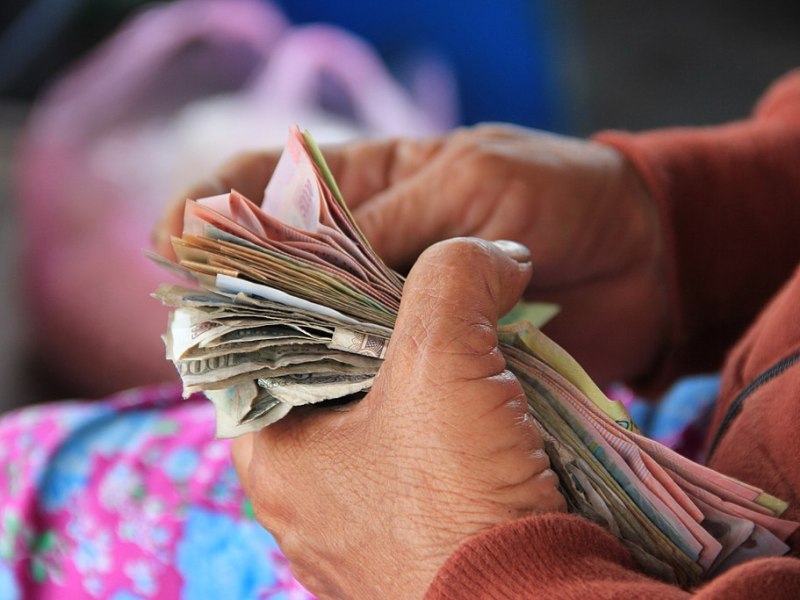
You don’t need to pay for a Wikipedia article
The benefits of having a Wikipedia article about yourself or your business seem obvious—they rank highly in search engine results, and having one can make your online presence more “professional”. However, Wikipedia works in a very different way than the rest of the internet. An article is by no means guaranteed; it can seem really….
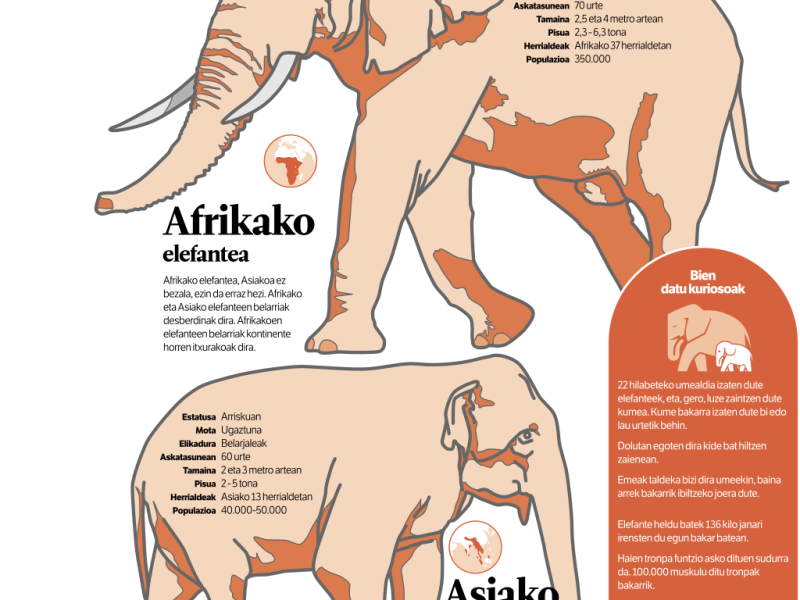
Newspaper partnership results in thousands of freely licensed infographics
This year, the Basque Wikimedians User Group carried out an ambitious education project that aimed to improve a series of essential articles for high school students, in collaboration with university professors and lecturers. The project was accomplished with financial support from the Basque government’s Department of Culture, who additionally stipulated that a portion of the sum would be put….
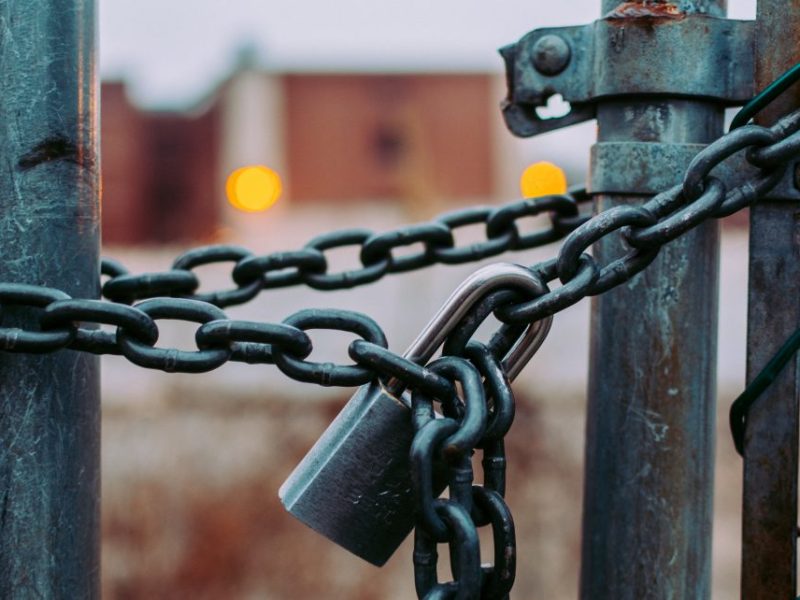
How many Wikipedia references are available to read? We measured the proportion of open access sources across languages and topics.
Let’s say you’re planning a trip to a subtropical region and you want to learn about available vaccines for yellow fever. You look up the English Wikipedia article. You’re lucky to find a well-sourced section, with a wealth of references, many of them pointing to information from public health agencies and reputable news articles. Great!….
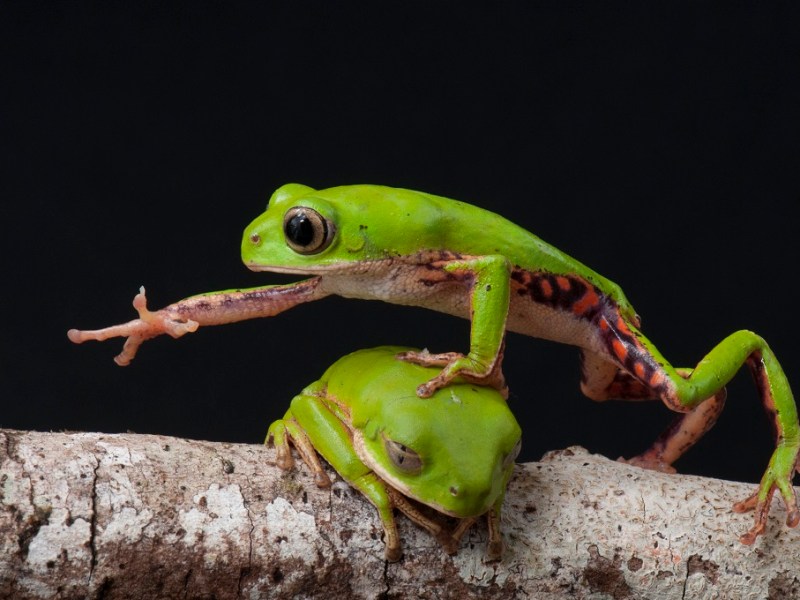
‘Unfrogettable’ picture of the year announced
Whichever frog pun (or caption) you choose to label it with, the photo above is this year’s Wikimedia Commons picture of the year. It features two Phyllomedusa rohdei, frogs endemic to Brazil, with one stepping on the other’s head, seemingly reaching for something just out of the frame. The photo was taken by biologist Renato Augusto….
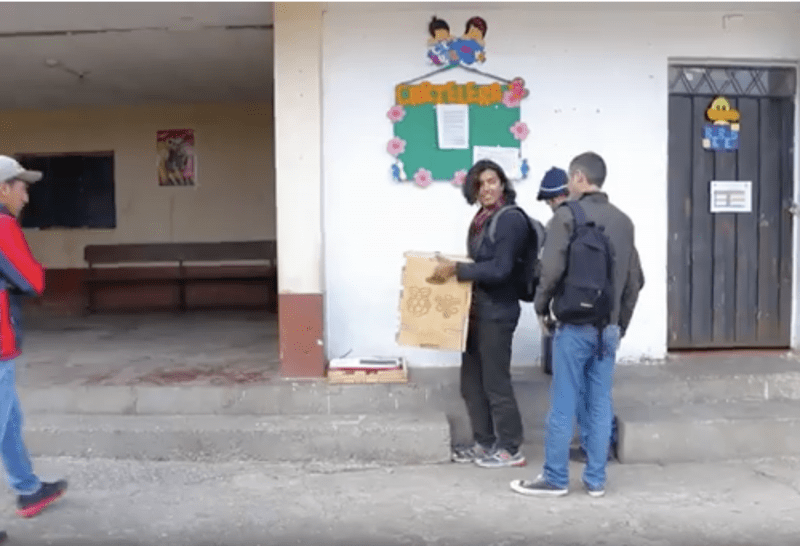
Offline-Pedia converts old televisions into Wikipedia readers
There are villages in the Ecuadorian Andes that are so small you cannot find them on a map. Cajas Juridica is one such place, located just 13km north of the equator. But two engineering students, Joshua Salazar and Jorge Vega, and the staff of Yachay Tech University have figured out a way to give discarded….

Meet the scientist working to increase the number of underrepresented scientists and engineers on Wikipedia
By day, Dr. Jess Wade is a physicist best known for her work on “polymer-based, circularly polarising, light-emitting diodes.” But in the evenings (and on the weekends, and as other time permits) Dr. Wade is a strong advocate for increasing diversity and inclusion in STEM subjects, speaking at conferences and starting a campaign on Wikipedia to promote more early-career women….

New interaction timeline improves investigation of harassment cases
The new interaction timeline tool is a way to look at two contributors’ editing history—where they have interacted, when, and how often. This can help add clarity when reviewing reports of harassment and abuse, and takes some of the burden off both the people reviewing problems, and the people reporting them.
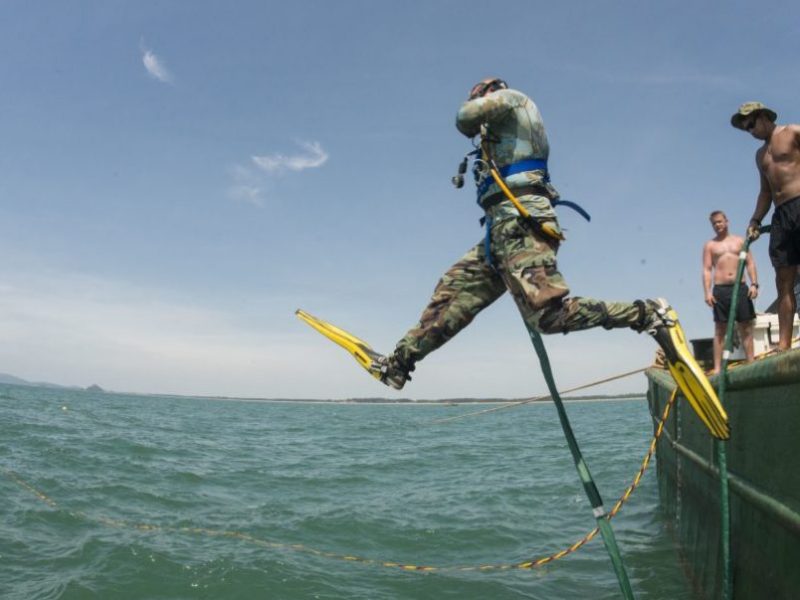
What should journalists know about Wikipedia? A Poynter Institute NewsU webinar
Join us for a Poynter Institute NewsU webinar to help journalists around the world better understand Wikipedia. Here's some additional details on what we're going to talk about on July 12.

Evolving the MediaWiki platform: Why we replaced Tidy with a HTML5 parser
Three years ago, the Wikimedia Foundation's Parsing Team decided to replace Tidy, a tool to fix HTML errors, with a HTML5-based tool. Here's what we did in that time period, and what kind of complexities we faced in changing pieces of the technical infrastructure powering Wikimedia wikis.
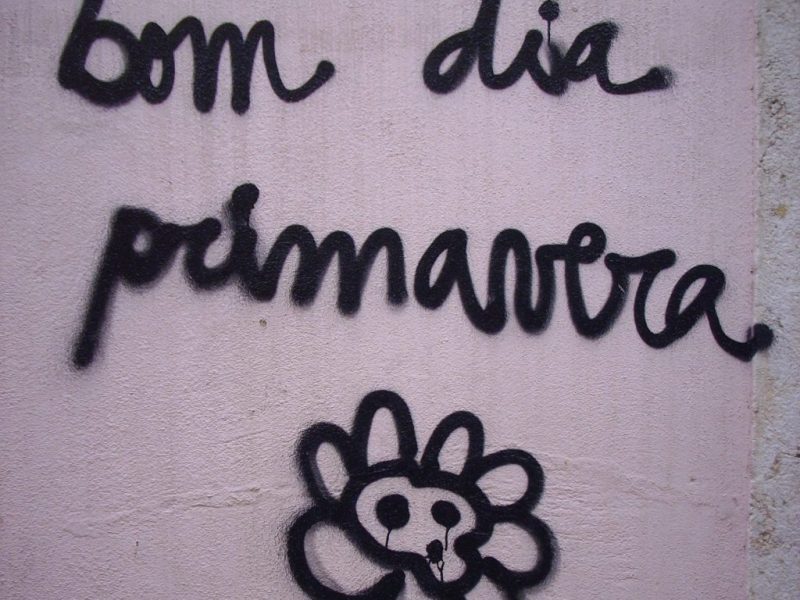
Portuguese Wikipedia hits one million articles
Celebrating the fifteenth Wikipedia to cross the one million article rubicon.